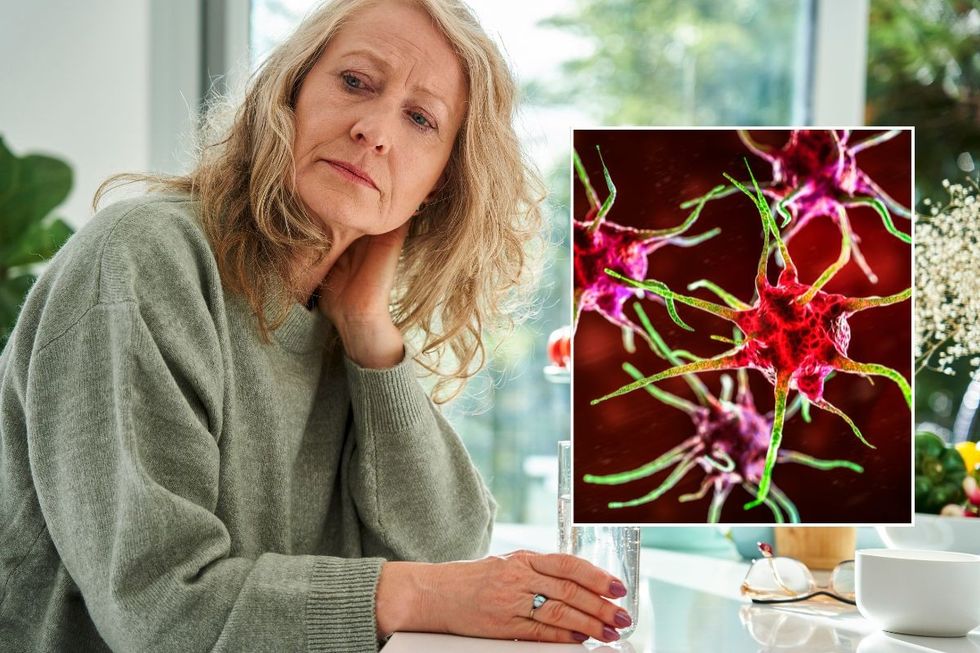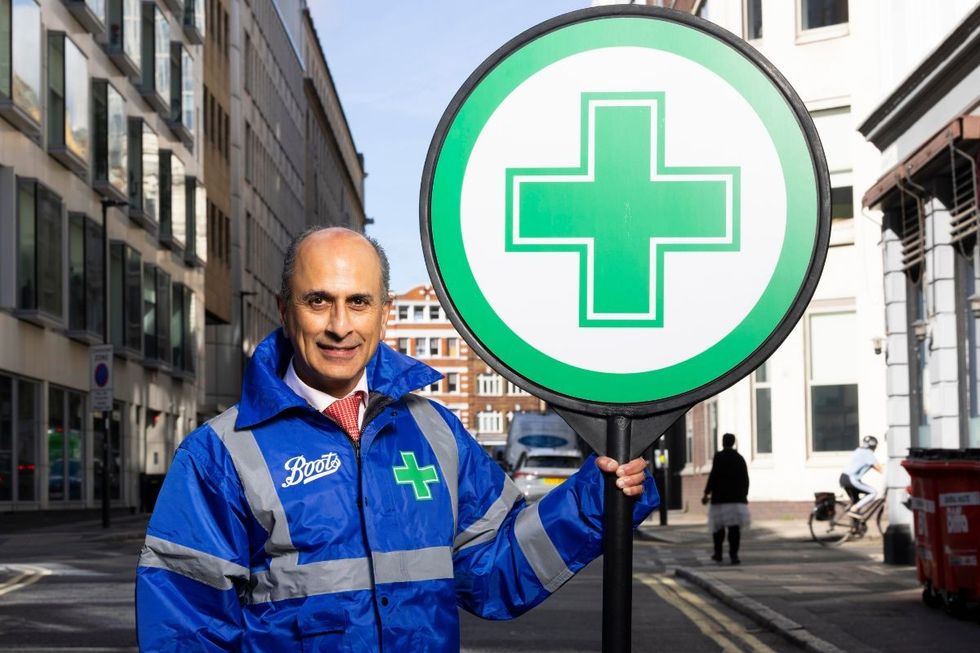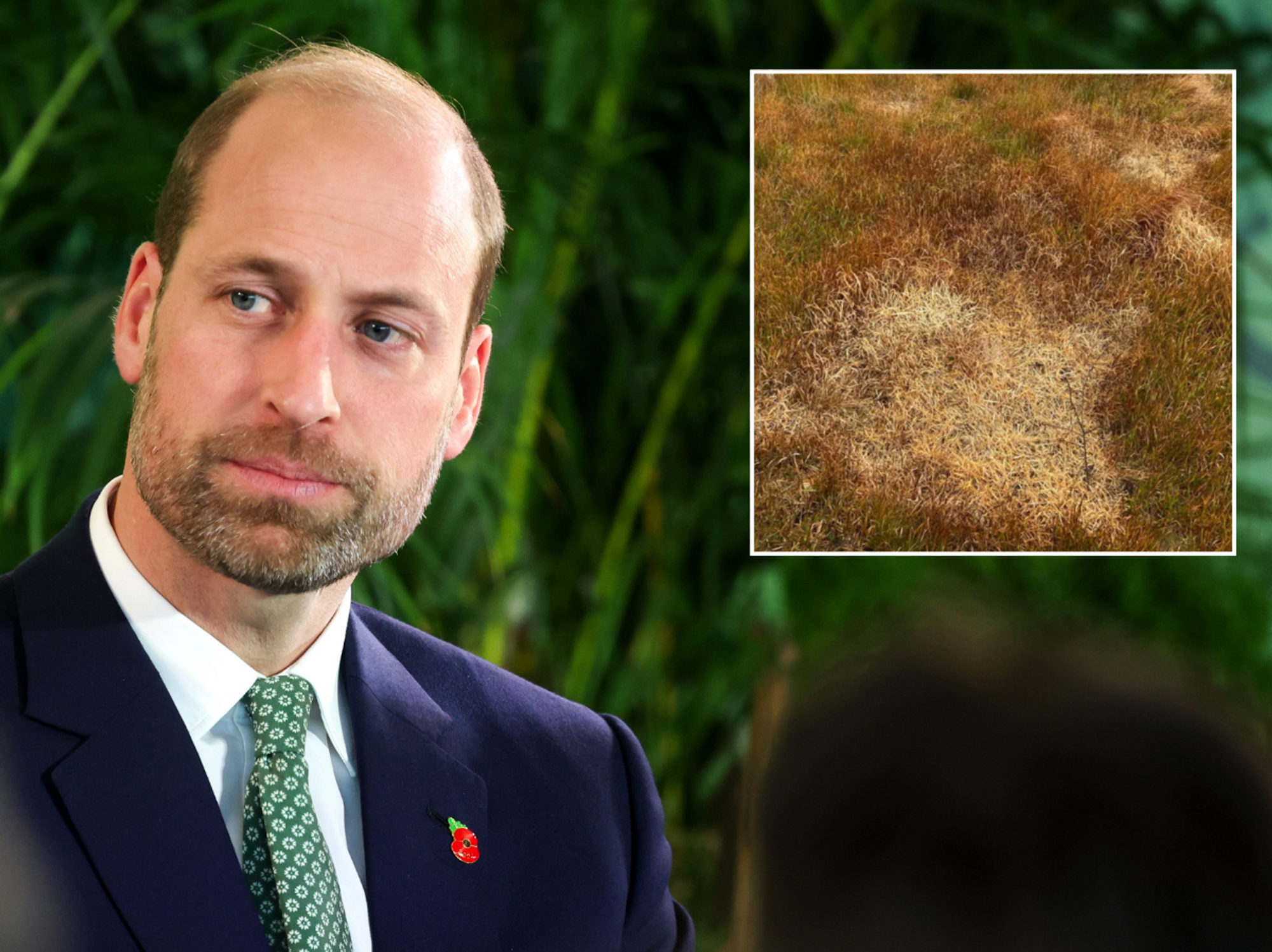Pharmacist shares 5 hacks to prevent illness as findings reveal a third of Britons get sick after the summer holidays

Good hygiene is key to preventing the spread of infection, the expert shared
Don't Miss
Most Read
Britons have been warned to stay vigilant as the cold months roll in, after new findings revealed that nearly a third of adults fall ill following the summer holidays.
The pharmacy chain's data indicates that 35 per cent of adults attribute their sickness to infections brought home by children returning to school.
In response to these findings, Aimi Dickinson, Deputy Superintendent Pharmacist at Boots, has outlined five essential strategies to help families maintain their health throughout the back-to-school period.
Her recommendations involve hygiene protocols, immunisation schedules, nutritional supplementation, proper hydration and parasite management.

Families can maintain their health throughout the back-to-school period using the right strategies
|GETTY
Dickinson explained that "good hygiene is key to preventing the spread of infection," recommending children wash their hands thoroughly with soap and warm water for a minimum of 20 seconds. Using tissues when coughing or sneezing is also recommended.
Regarding immunisations, the pharmacist underscored the importance of maintaining current vaccination schedules to protect against infectious conditions like influenza, meningitis B, measles, mumps and rubella.
Boots offers a private chickenpox vaccination service for individuals aged one to 65 years old. The NHS Childhood Flu Vaccination Programme offers annual influenza jabs to all children.
"Vaccinations provide the best protection against many specific illnesses," Dickinson noted, advising parents to consult their pharmacist or GP for guidance.
Ms Dickinson advised children between six months and five years should consume vitamins A, C and D daily to support immune function and bone health.
During autumn and winter, children over four and adults should take 10 micrograms of vitamin D supplements, as sunlight levels are insufficient for natural production.
Water consumption recommendations vary by age: children aged 4-8 should drink 1.1-1.3 litres daily, while 9-13 year olds require 1.5-1.7 litres for boys and 1.3-1.5 litres for girls.
Dickinson suggested providing reusable water bottles and challenging children to empty them before collection time.
LATEST DEVELOPMENTS

Boots offers a private chickenpox vaccination service for individuals aged one to 65 years
|BOOTS
Head lice, measuring up to 3mm in length, spread primarily through direct contact between children during play, sports or when sharing devices. Dickinson warns that scalp itching often signals an infestation, though detection can prove challenging.
While prevention isn't feasible, early identification limits transmission. She recommended using specialised combs on wet hair, working methodically from roots to tips and checking white tissue after each stroke for evidence of lice or eggs.
Boots pharmacies across England provide treatment through the NHS Pharmacy First Service for various conditions, including insect bites, sinusitis, childhood earache, impetigo and female urinary tract infections, with 80 per cent of UK residents living within 10 minutes of a branch.











